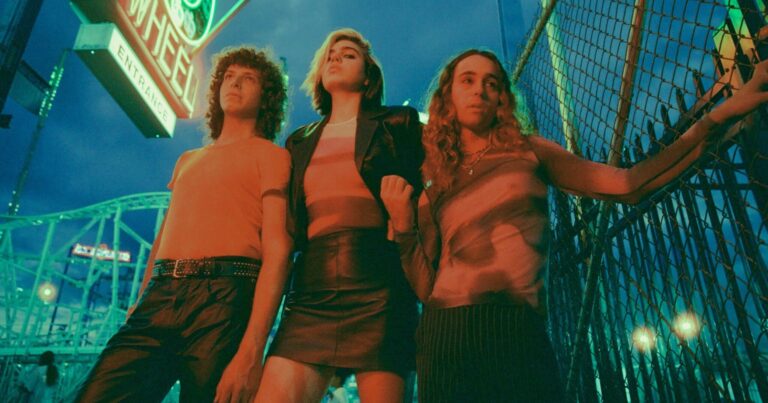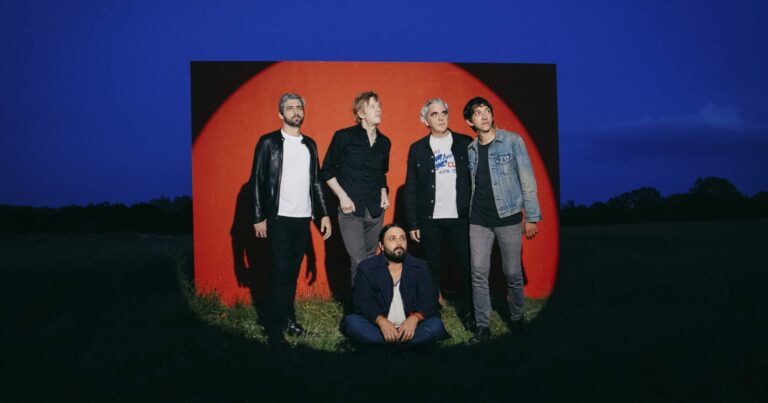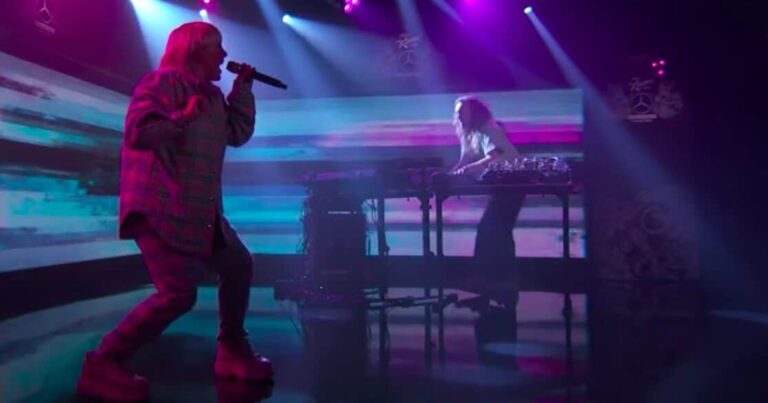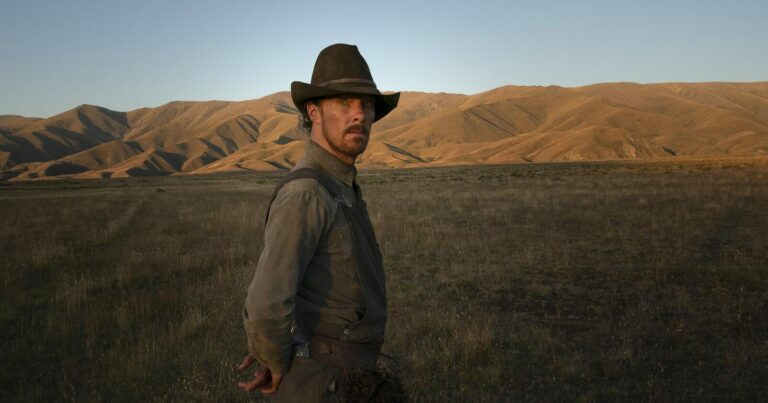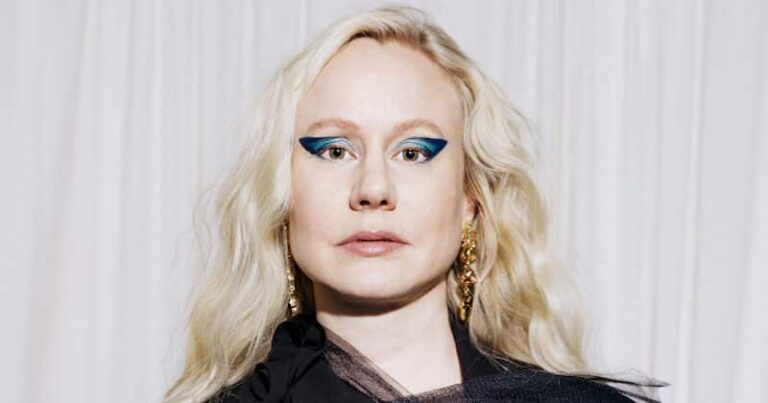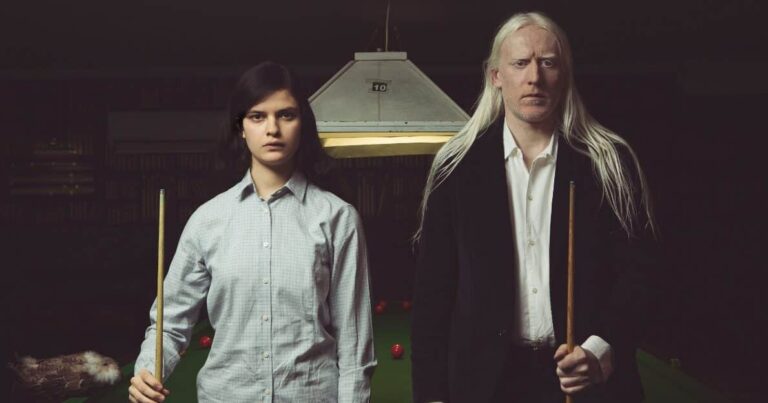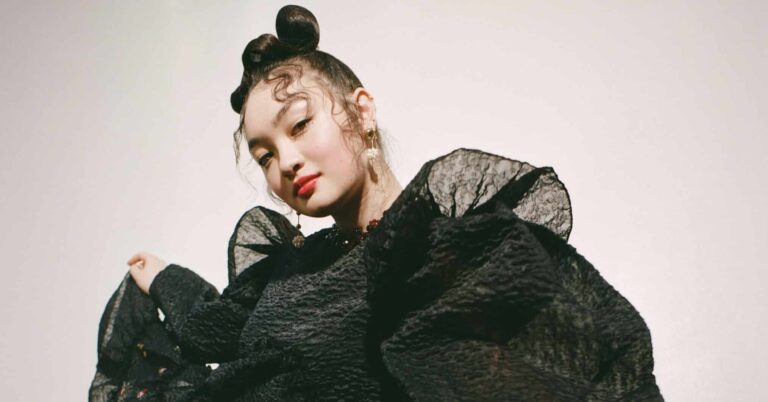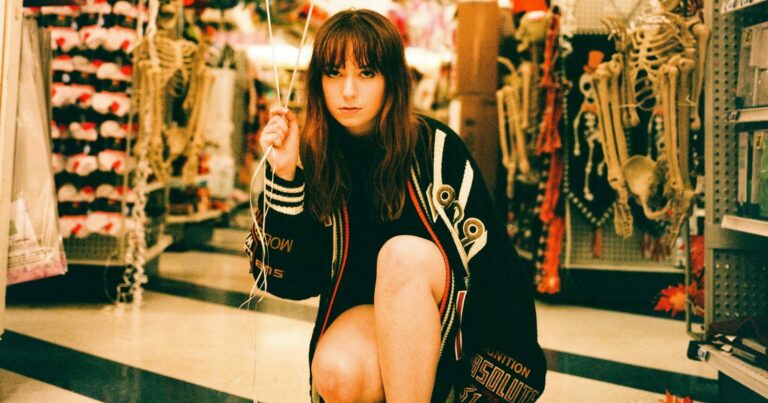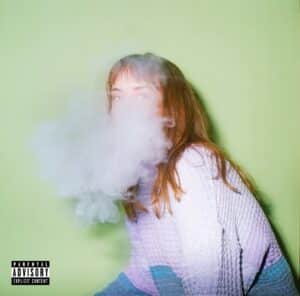The 2022 Oscar nominations have been revealed. This year’s nominees for Best Picture include Licorice Pizza, Dune, The Power of the Dog, Don’t Look Up, Drive My Car, King Richard, and West Side Story. Beyoncé, Billie Eilish, Lin-Manuel Miranda, Diane Warren, and Van Morrison are up for Best Original Song, while Jonny Greenwood’s soundtrack for The Power of the Dog earned the Radiohead guitarist his second Oscar nomination. Questlove’s Summer of Soul (…Or, When the Revolution Could Not Be Televised) is also nominated for Best Documentary Feature. Check out the full list of nominations below.
Best Picture
Belfast
Coda
Don’t Look Up
Drive My Car
Dune
King Richard
Licorice Pizza
Nightmare Alley
The Power of the Dog
West Side Story
Directing
Kenneth Branagh, Belfast
Ryusuke Hamaguchi, Drive My Car
Paul Thomas Anderson, Licorice Pizza
Jane Campion, The Power of the Dog
Steven Spielberg, West Side Story
Actor in a Leading Role
Javier Bardem, Being the Ricardos
Benedict Cumberbatch, The Power of the Dog
Andrew Garfield, tick, tick… Boom!
Will Smith, King Richard
Denzel Washington, The Tragedy of Macbeth
Actress in a Leading Role
Jessica Chastain, The Eyes of Tammy Faye
Olivia Colman, The Lost Daughter
Penelope Cruz, Parallel Mothers
Nicole Kidman, Being the Ricardos
Kristen Stewart, Spencer
Actor in a Supporting Role
Ciaran Hinds, Belfast
Troy Kotsur, CODA
Jesse Plemons, The Power of the Dog
J.K. Simmons, Being the Ricardos
Kodi Smit-McPhee, The Power of the Dog
Actress in a Supporting Role
Jessie Buckley (The Lost Daughter)
Kirsten Dunst (The Power of the Dog)
Ariana DeBose (West Side Story)
Aunjanue Ellis (King Richard)
Judi Dench (Belfast)
International Feature Film
Drive My Car
Flee
The Hand of God
Lunana: A Yak in the Classroom
The Worst Person in the World
Cinematography
Dune
Nightmare Alley
The Power of the Dog
The Tragedy of Macbeth
West Side Story
Production Design
Dune
Nightmare Alley
The Power of the Dog
The Tragedy of Macbeth
West Side Story
Visual Effects
Dune
Free Guy
No Time to Die
Shang-Chi and the Legend of the Ten Rings
Spider-Man: No Way Home
Costume Design
Cruella
Cyrano
Dune
West Side Story
Nightmare Alley
Sound
Belfast
Dune
No Time to Die
The Power of the Dog
West Side Story
Original Score
Don’t Look Up
Dune
Encanto
Parallel Mothers
The Power of the Dog
Writing (Adapted Screenplay)
Coda
Drive My Car
Dune
The Lost Daughter
The Power of the Dog
Writing (Original Screenplay)
Belfast
Don’t Look Up
King Richard
Licorice Pizza
The Worst Person in the World
Live Action Short Film
Ala Kachuu – Take and Run
The Dress
The Long Goodbye
On My Mind
Please Hold
Live-Action Short Film
Affairs of the Art
Bestia
Boxballet
Robin Robin
The Windshield Wiper
Film Editing
Don’t Look Up
Dune
King Richard
The Power of the Dog
tick, tick… Boom!
Makeup and Hairstyling
Coming 2 America
Cruella
Dune
The Eyes of Tammy Faye
House of Gucci
Animated Feature Film
Encanto
Flee
Luca
The Mitchells vs. the Machines
Raya and the Last Dragon
Original Song
‘Be Alive’, King Richard
‘Dos Oruguitas’, Encanto
‘Down to Joy’, Belfast
‘No Time to Die’, No Time to Die
‘Somehow You Do’, Four Good Days
Documentary Short Subject
Audible
Lead Me Home
The Queen of Basketball
Three Songs for Benazir
When We Were Bullies
Documentary Feature
Ascension
Attica
Flee
Summer of Soul (… Or, When the Revolution Could Not Be Televised)
Writing With Fire
